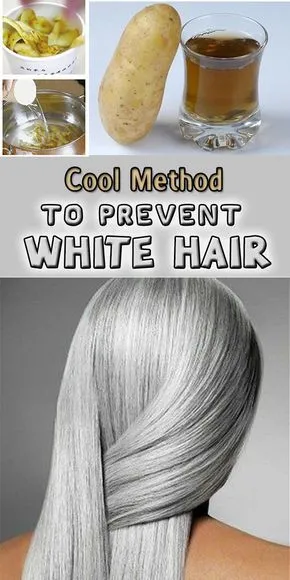What Causes Hair Whitening
Hair whitening, often perceived as an inevitable sign of aging, is a complex process influenced by a combination of genetic, environmental, and lifestyle factors. The primary reason for hair whitening is the loss of melanin, the pigment responsible for hair color. As we age, melanocyte cells, which produce melanin, gradually become less efficient or even cease functioning altogether. This decline leads to a reduction in melanin production, resulting in hair strands that lack pigment and appear white or grey. However, the rate at which hair whitens can vary greatly among individuals, influenced by multiple factors that contribute to the loss of melanin and the overall health of hair follicles.
Genetic Predisposition and Hair Whitening
Genetics play a significant role in determining when and how quickly hair whitens. If your parents or grandparents experienced early hair whitening, you are more likely to experience it as well. Specific genes are linked to the timing of hair whitening, and researchers are actively working to pinpoint these genes and their mechanisms. This genetic predisposition influences the efficiency of melanocyte cells and the overall health of hair follicles. Additionally, ethnicity can influence hair whitening patterns, with some ethnic groups experiencing earlier or more pronounced hair whitening than others. While genetics are a primary factor, it’s important to remember that they interact with other factors, such as lifestyle and environment, to determine the overall impact on hair pigmentation.
The Role of Oxidative Stress
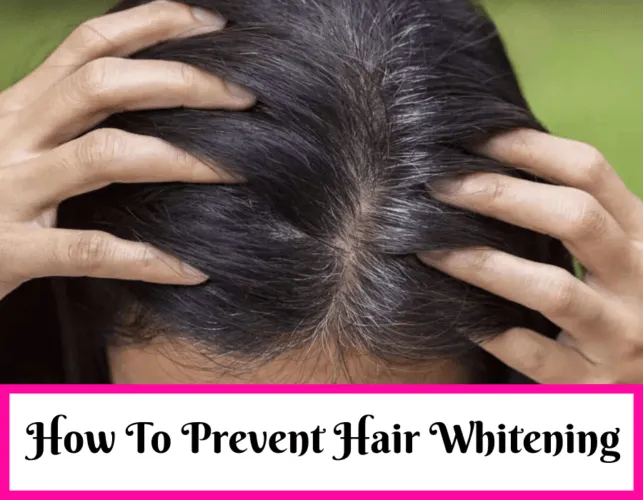
Oxidative stress, caused by an imbalance between free radicals and antioxidants in the body, contributes significantly to premature hair whitening. Free radicals are unstable molecules that can damage cells, including melanocytes. This damage disrupts melanin production and accelerates the whitening process. The body naturally produces antioxidants to neutralize free radicals, but if the production of free radicals exceeds the body’s antioxidant capacity, oxidative stress occurs. This imbalance can be triggered by various factors, including poor diet, exposure to pollution, smoking, and chronic stress. Managing oxidative stress through a healthy lifestyle, rich in antioxidants, is crucial to slow down hair whitening.
How Oxidative Stress Affects Hair
Oxidative stress directly attacks melanocytes, the cells responsible for producing melanin, which is the pigment that gives hair its color. This attack damages the melanocytes, making them less efficient or causing them to die off. When melanocytes are damaged, they produce less melanin, resulting in hair that appears grey or white. Furthermore, oxidative stress can also damage the hair follicles, impairing their ability to maintain healthy hair growth. This damage not only affects the color of the hair but also can contribute to hair thinning and loss. Reducing oxidative stress is crucial to maintaining both hair color and hair health.
Nutritional Deficiencies and Hair Whitening
Nutritional deficiencies can significantly impact hair health and contribute to premature hair whitening. Several vitamins and minerals play crucial roles in hair pigmentation and overall hair health. Deficiencies in these nutrients can impair melanin production and damage hair follicles. Ensuring an adequate intake of essential nutrients through a balanced diet or supplements is critical in maintaining hair color and preventing premature whitening. A healthy diet not only provides the necessary building blocks for healthy hair but also supports the overall health of the body, which in turn can positively impact hair pigmentation. Addressing any nutritional deficiencies is a proactive step in slowing down hair whitening.
Vitamin B12 Deficiency
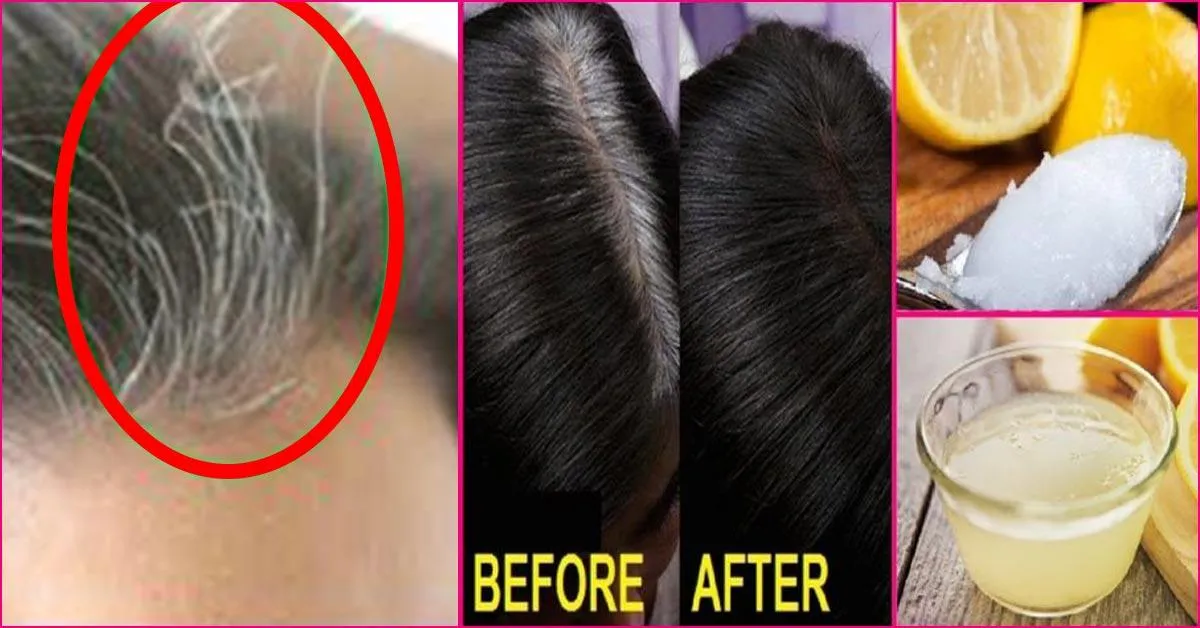
Vitamin B12 is essential for various bodily functions, including red blood cell formation and nerve function. A deficiency in vitamin B12 has been linked to premature hair whitening. This vitamin plays a direct role in melanin production, and its deficiency can disrupt the process, leading to hair that loses its pigment. Moreover, vitamin B12 deficiency can affect the health of hair follicles, weakening them and making the hair more susceptible to whitening. Individuals experiencing early hair whitening should consider getting their vitamin B12 levels checked and, if necessary, supplement their diet with B12 to maintain healthy hair pigmentation.
Iron Deficiency and Hair Whitening
Iron is essential for producing hemoglobin, which carries oxygen to all cells in the body, including hair follicles. Iron deficiency, or anemia, can lead to premature hair whitening by depriving hair follicles of oxygen and essential nutrients. This lack of oxygen can impair the function of melanocytes, reducing melanin production and causing hair to lose its color. Adequate iron levels are crucial for maintaining healthy hair follicles and supporting the melanin production process. Addressing iron deficiency through diet or supplements can help to prevent and potentially reverse premature hair whitening. Including iron-rich foods in your diet is an important step in maintaining healthy hair pigmentation.
The Power of Antioxidants to Stop Hair Whitening
Antioxidants are critical in protecting the body from oxidative stress, a key factor in premature hair whitening. They work by neutralizing free radicals, unstable molecules that damage cells, including melanocytes. By reducing oxidative stress, antioxidants help to preserve the function of melanocytes and support melanin production, which is essential for maintaining hair color. A diet rich in antioxidants is a powerful strategy to combat hair whitening. Consuming foods high in antioxidants helps to counteract the damage caused by free radicals and can support the health and pigmentation of hair. Incorporating antioxidant-rich foods into your diet is a proactive step in maintaining vibrant hair color.
Top 5 Natural Ways to Stop Hair Whitening
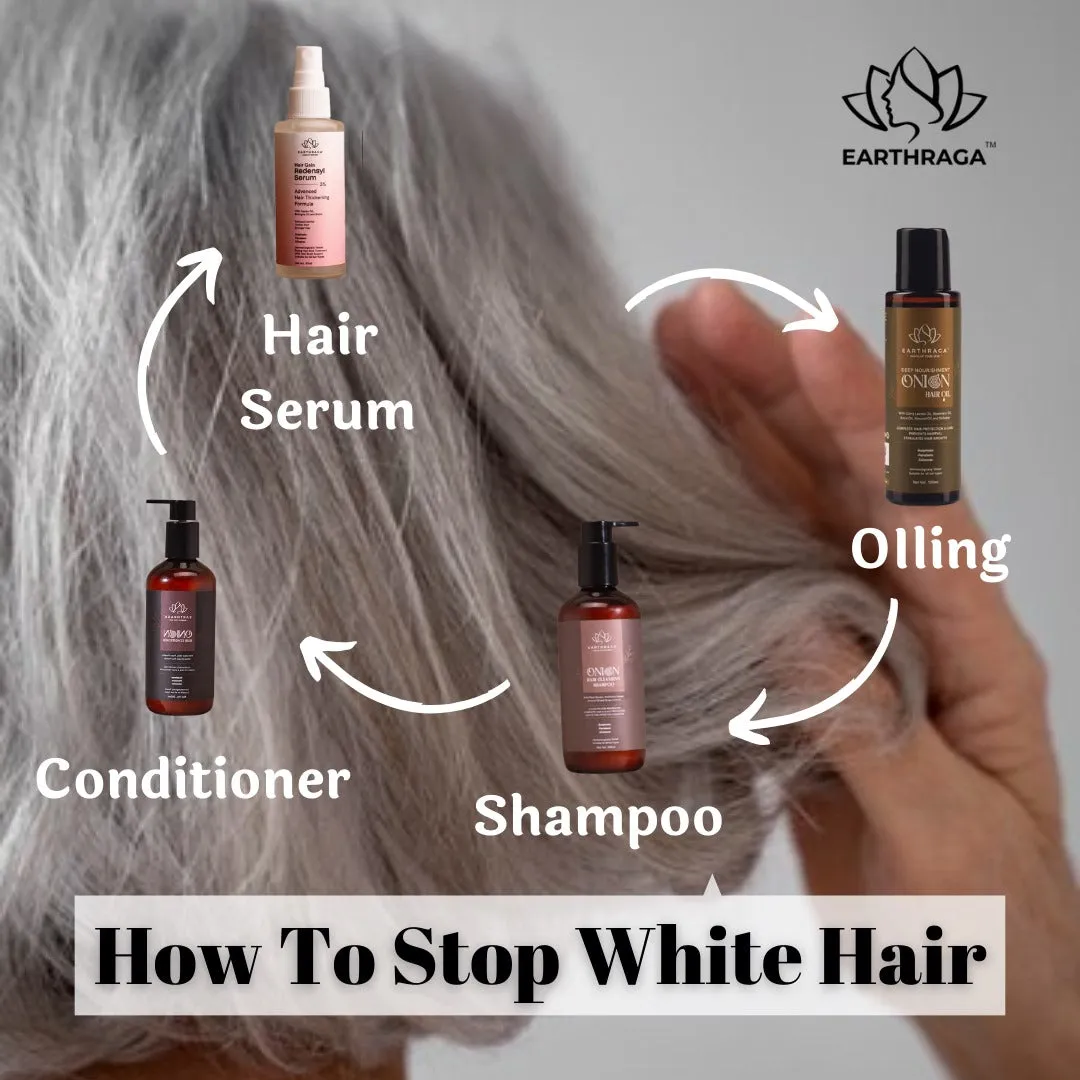
- Eat a balanced diet rich in antioxidants, vitamins, and minerals to support hair health and pigmentation.
- Manage stress through relaxation techniques like yoga and meditation, as stress can accelerate hair whitening.
- Consider supplements like Vitamin B12, iron, and copper, if you have deficiencies, after consulting with a healthcare professional.
- Use natural remedies such as amla and coconut oil, known for their potential benefits in maintaining hair color.
- Protect your hair from environmental stressors like excessive sun exposure and pollution.
Healthy Diet for Hair Pigmentation
A healthy diet plays a pivotal role in maintaining hair pigmentation and overall hair health. Eating a balanced diet provides the necessary nutrients for melanocytes to produce melanin, the pigment responsible for hair color. Focusing on nutrient-rich foods ensures that your hair follicles receive the essential vitamins and minerals needed for optimal function. Consuming a diet that includes a variety of fruits, vegetables, lean proteins, and healthy fats is crucial for maintaining vibrant, healthy hair. A well-balanced diet not only supports hair pigmentation but also contributes to the overall health and well-being of the body.
Foods Rich in Antioxidants
Incorporating antioxidant-rich foods into your diet is a powerful way to combat oxidative stress and potentially slow down hair whitening. Antioxidants are compounds that protect your cells from damage caused by free radicals. Consuming foods high in antioxidants helps to neutralize free radicals, supporting the health of melanocytes, and maintaining hair pigmentation. Some of the best sources of antioxidants include berries, leafy green vegetables, nuts, and dark chocolate. Making these foods a regular part of your diet is a proactive step in protecting your hair and supporting its natural color.
Lifestyle Changes to Prevent Hair Whitening
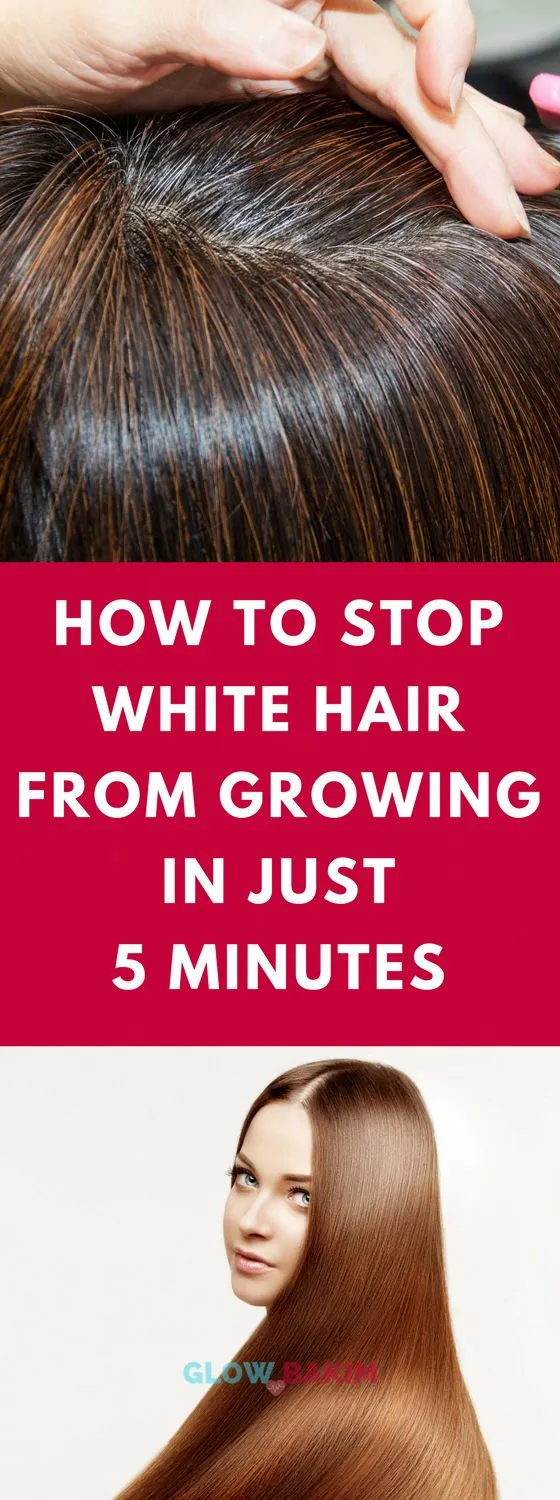
Lifestyle changes play a crucial role in preventing and slowing down hair whitening. Adopting healthy habits and avoiding certain stressors can significantly impact the health of your hair and the rate at which it whitens. By making conscious choices about your daily routine, you can create an environment that supports the health of your hair follicles and promotes melanin production. This involves managing stress, protecting your hair from environmental damage, and ensuring you get enough sleep. Implementing these changes can help to maintain your hair’s natural color for longer.
Stress Management Techniques
Stress is a significant factor that can accelerate hair whitening. Managing stress through relaxation techniques can help to slow this process. Chronic stress can lead to the release of free radicals, which damage melanocytes and disrupt melanin production. Techniques like yoga, meditation, and deep breathing exercises can help to reduce stress levels and minimize its impact on your hair health. Regular exercise also helps to manage stress, improving overall well-being. Incorporating stress-reducing activities into your daily routine is a proactive step in protecting your hair and maintaining its natural color.
Regular Exercise
Regular exercise offers numerous benefits for both physical and mental health, including potentially slowing down hair whitening. Exercise reduces stress levels, improves blood circulation, and promotes overall well-being. Increased blood circulation ensures that hair follicles receive adequate oxygen and nutrients, supporting their health and function. The reduction of stress hormones through exercise also creates a more favorable environment for melanin production. Incorporating regular physical activity into your lifestyle is a valuable strategy for maintaining hair color and overall health.
Natural Remedies for Hair Whitening
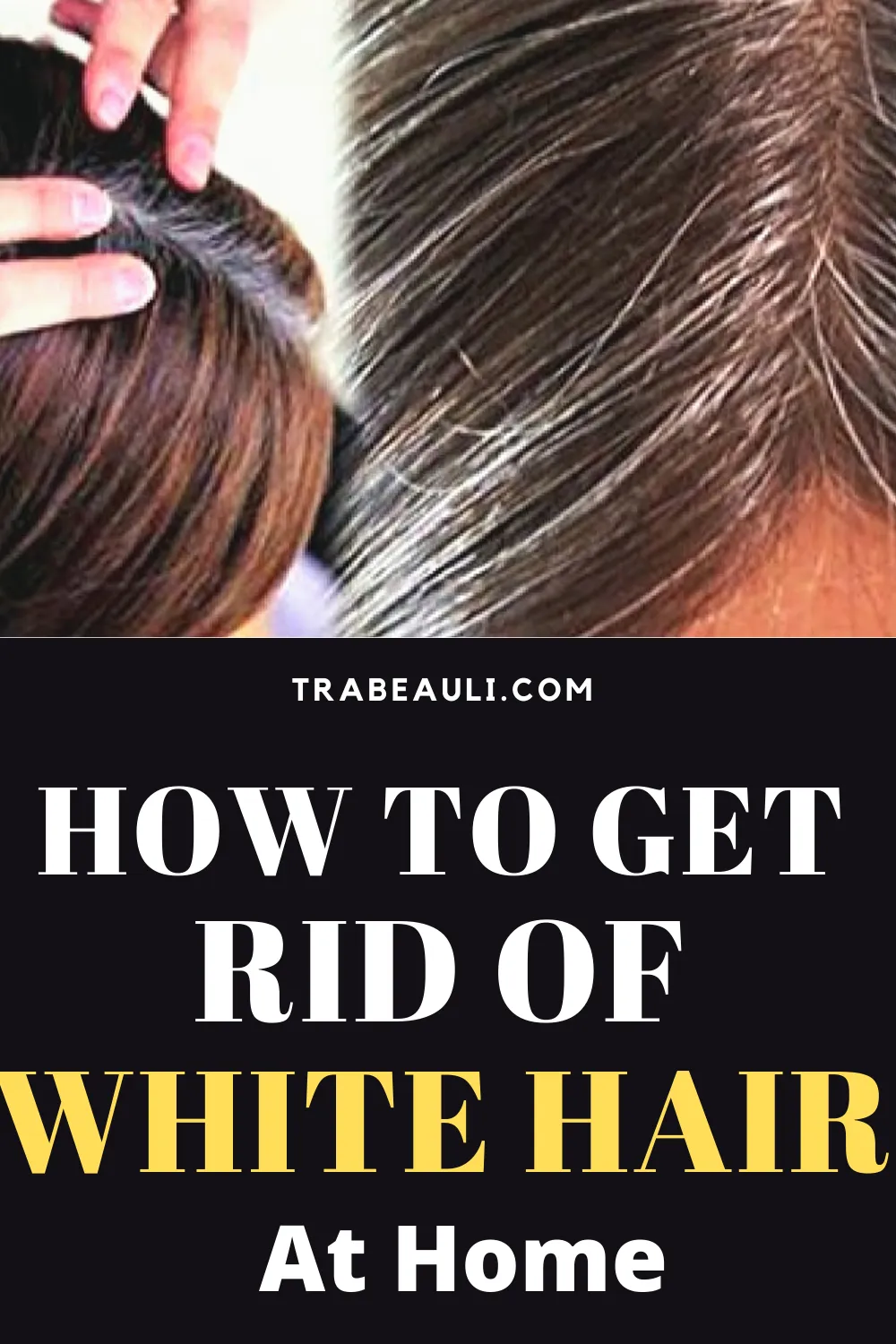
Various natural remedies have been traditionally used to address hair whitening. These remedies often contain ingredients known for their antioxidant properties or their ability to promote hair health. While research on the effectiveness of these remedies is ongoing, many people find them beneficial for maintaining hair pigmentation. Some of these remedies are simple to incorporate into your hair care routine, providing a natural approach to supporting the health and color of your hair.
Amla for Hair Whitening
Amla, or Indian gooseberry, is a traditional remedy renowned for its antioxidant properties and its potential to combat hair whitening. Rich in vitamin C and other antioxidants, amla helps to neutralize free radicals, protecting melanocytes from damage. Amla can be used in various forms, including amla oil, amla powder, or as a dietary supplement. Regular use of amla can help to strengthen hair follicles, improve hair pigmentation, and promote overall hair health. Incorporating amla into your hair care routine is a natural and effective way to support hair health.
Coconut Oil and Curry Leaves
Coconut oil and curry leaves are another traditional remedy used to address premature hair whitening. Coconut oil is known for its moisturizing properties, while curry leaves are rich in antioxidants and essential nutrients that can support hair health. Combining coconut oil and curry leaves can help to nourish the hair follicles, promote melanin production, and potentially slow down the whitening process. This mixture can be applied to the scalp and hair regularly, providing a natural and effective way to maintain hair pigmentation and improve overall hair health. Using coconut oil and curry leaves is a simple yet powerful method for supporting hair health and color.
Conclusion Stop Hair Whitening
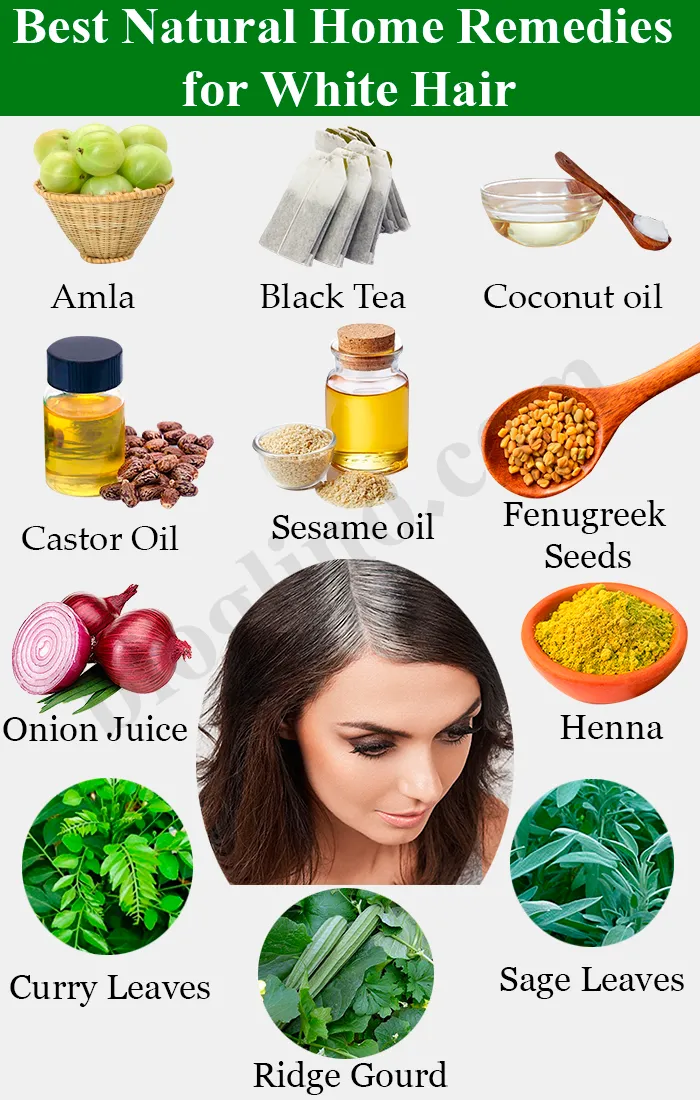
Stopping hair whitening involves a holistic approach that addresses the underlying causes and supports overall hair health. By understanding the factors that contribute to hair whitening, such as genetics, oxidative stress, and nutritional deficiencies, you can take proactive steps to manage and potentially slow down the process. Incorporating a balanced diet rich in antioxidants, managing stress, and using natural remedies can help to maintain your hair’s natural color for longer. Remember that consistency is key, and making these lifestyle changes can contribute to healthier, more vibrant hair. While complete reversal of hair whitening is not always possible, these strategies can help to preserve your hair’s natural color and overall health.
